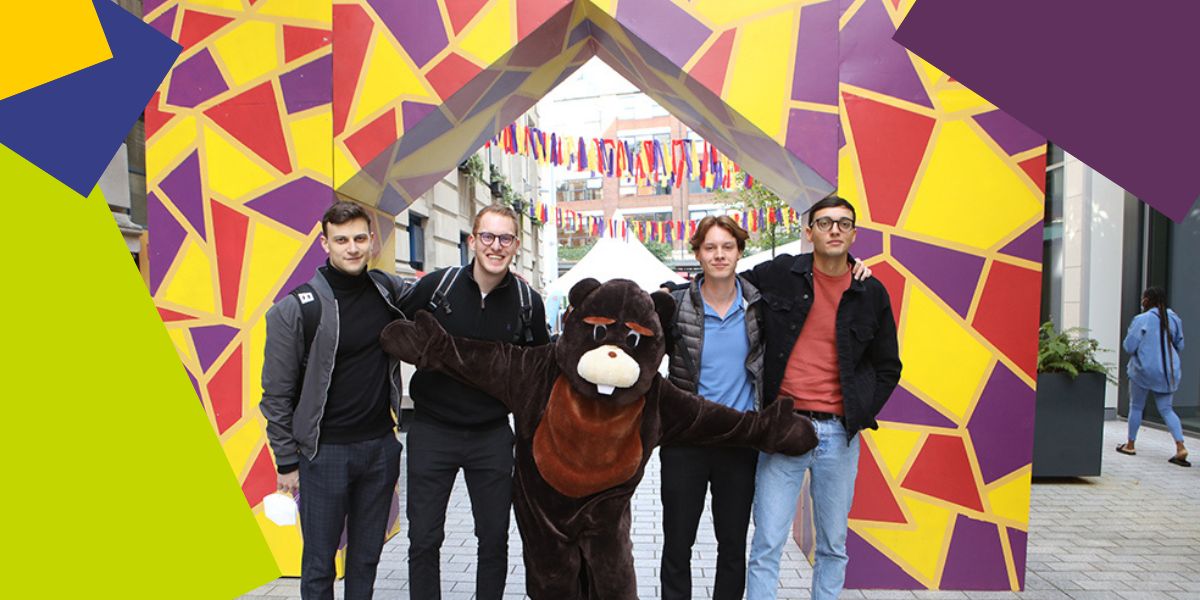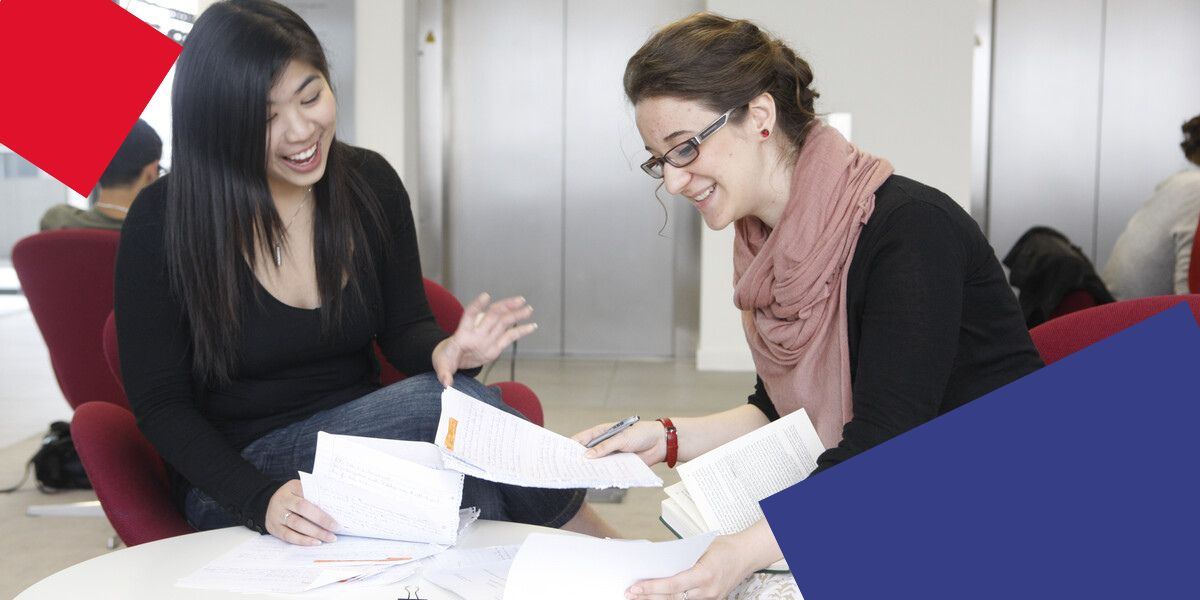The Graduate Record Examination (GRE) is an exam that is required by certain quantitative programmes at LSE to mainly gauge quantitative suitability for the programme. I had to appear for the exam a few times and work hard to achieve a score I was proud of, before I applied for the MSc in Management and Strategy programme at LSE.
Below I will be sharing some tips that really sailed me through and helped me achieve my dream of studying at LSE.
1. What is GRE?
GRE is a standardised test conducted by the Educational Testing Service for those applying to graduate programmes worldwide. It mainly measures your quantitative reasoning, verbal reasoning and essay writing skills.
The test was recently updated in 2023, with significant changes to the format of the exam. The new GRE is now less than two hours long and includes one essay and two sections of quantitative and verbal reasoning.
2. Book a date
GRE is a computerised exam that can be taken from your home or a nearby test centre anywhere in the world. It can be taken multiple times a year with a minimum gap of 21 days between successive attempts. Hence, it is completely up to you to book whatever time, location and date that will suit you. Oftentimes, I would procrastinate and not book a test date. However booking a test date early, will help you to add seriousness to your prep and force you to start studying for it.
So my pro tip would be first and foremost to book a date!
As a follow up to this point, book a time of the day that will work for you. If you are a night person, you can take the test at home even at 2am!
3. Mock tests, mock tests and then some (more) mock tests!
My secret for acing the exam would be to get familiar with the format of the exam. The best way to do this is to practise for the GRE by doing mock tests once you have solidified concepts. However, I would recommend doing a mock test right at the very beginning to get a diagnostic score of where you stand and tweaking your prep accordingly.
I would also suggest doing 5-10 mocks before the exam at the same time as your booked exam and in the closest simulation to test conditions. Additionally, it is very important to analyse your mistakes after each mock and before appearing for the next mock to ensure you are improving concepts in between. Mocks will also give you a good idea of your strengths, weaknesses and stamina for the test.
There are a multitude of free mocks available online for you to practise. ETS also provides two free mocks when you sign up for the test. I would advise you to use these mocks sparingly as they are the closest simulation of questions to the actual test.
4. Am I ready?
Only and only appear for the exam once you start hitting your goal scores in the mocks. For example, if your goal is to get a score of 325 on the test and currently you’re scoring 315 on the exam, you will be unlikely to magically score 15 points higher on the actual exam.
Usually you would score +/- 5 points to what you’re scoring on the mocks.
5. The Usual
And lastly, and most importantly, do the basics!
I cannot underscore this enough as so many students tend to overlook this step. Sleep eight hours, eat healthy food and be sure to get some light exercise for 30 minutes a day. You will be surprised how this will impact your focus and mental clarity.
And that’s it! Believe in yourself and your abilities and before you know it, you will be attending Welcome Week at LSE!
Best of luck!
Find out more information about submitting your scores to LSE





